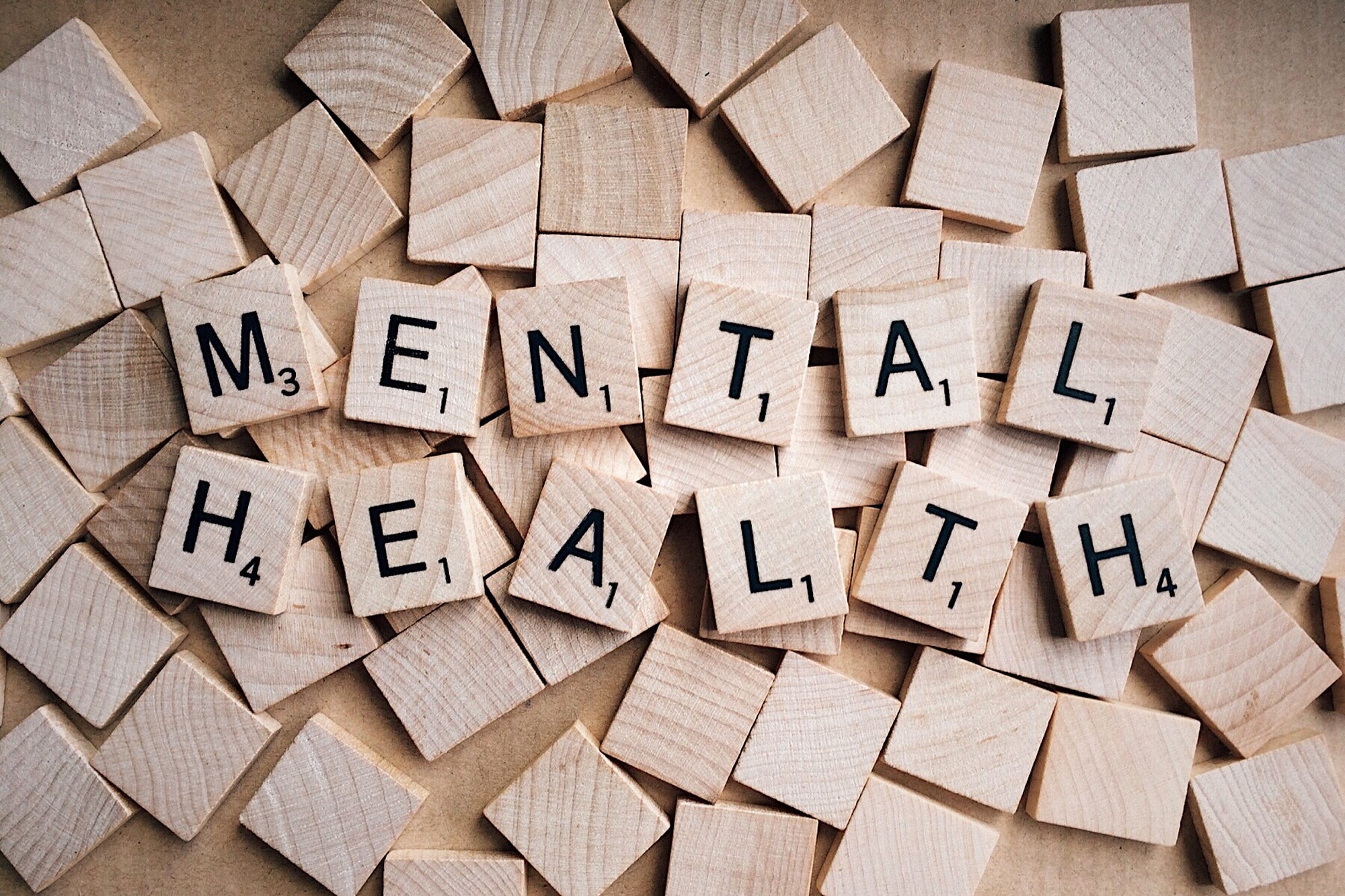
Enhancing Mental Health through Cold Water Therapy
Enhancing Mental Health through Cold Water Therapy
Overview
What is Cold Water Therapy?
Cold water therapy, also known as cold hydrotherapy or cold immersion, involves the use of cold water to improve physical and mental well-being. It is a form of therapy that has been used for centuries and is known for its numerous benefits. When exposed to cold water, the body goes through a series of physiological changes that can have a positive impact on mental health. Cold water therapy can help reduce stress and anxiety, improve mood, increase alertness, and boost overall mental clarity. It can also enhance the body's natural ability to cope with stress and improve resilience. Overall, cold water therapy is a simple yet effective way to enhance mental health and well-being.
Benefits of Cold Water Therapy
Cold water therapy, also known as cold hydrotherapy or cold immersion therapy, has numerous benefits for enhancing mental health. One of the key benefits is its ability to stimulate the release of endorphins, which are natural mood elevators. When the body is exposed to cold water, it triggers a response that releases endorphins, leading to feelings of happiness and relaxation. Additionally, cold water therapy can help reduce anxiety and stress by activating the body's natural relaxation response. It also improves circulation, which can enhance brain function and improve cognitive abilities. Overall, incorporating cold water therapy into your routine can have a positive impact on your mental well-being.
How Does Cold Water Therapy Work?
Cold water therapy, also known as cold hydrotherapy or cold immersion therapy, is a practice that involves exposing the body to cold water for various health benefits. The principle behind cold water therapy is that the exposure to cold water triggers a series of physiological responses in the body, which can help improve mental health. When the body is exposed to cold water, it activates the sympathetic nervous system, which increases the release of endorphins, the body's natural feel-good hormones. These endorphins help to reduce pain and promote feelings of well-being and relaxation. Additionally, cold water therapy can also stimulate the production of norepinephrine, a neurotransmitter that plays a role in mood regulation. This increase in norepinephrine can help alleviate symptoms of depression and anxiety. Overall, cold water therapy can be an effective and natural way to enhance mental health.
Getting Started with Cold Water Therapy

Choosing the Right Water Temperature
When it comes to cold water therapy, choosing the right water temperature is crucial. The temperature of the water can greatly affect the benefits and effectiveness of the therapy. It is generally recommended to start with cooler temperatures and gradually work your way up to colder temperatures. This allows your body to gradually adapt to the cold and helps prevent any sudden shock to your system. However, it is important to listen to your body and not push yourself too hard. If the water feels too cold or uncomfortable, it is okay to adjust the temperature to a level that is more comfortable for you. Remember, the goal is to promote mental health and well-being, so it's important to find a temperature that works for you.
Preparing Your Body for Cold Water Immersion
Cold water immersion can be a powerful tool for enhancing mental health. But before you jump into icy waters, it's important to prepare your body. Start by gradually exposing yourself to colder temperatures. Take cold showers or go for a swim in a chilly pool. This will help your body acclimate to the cold and reduce the shock of cold water immersion. Additionally, it's important to stay hydrated and nourished before taking the plunge. Drink plenty of water and eat a balanced meal to ensure your body has the energy it needs. Finally, don't forget to warm up before immersing yourself in cold water. Do some light exercises or stretches to get your blood flowing and loosen up your muscles. By following these steps, you'll be ready to reap the mental health benefits of cold water therapy.
Safety Precautions for Cold Water Therapy
Before you dive into the world of cold water therapy, it's important to keep a few safety precautions in mind. First and foremost, never attempt cold water therapy alone. Always have a buddy with you who can help in case of an emergency. Additionally, make sure to gradually acclimate your body to the cold water by starting with shorter exposure times and gradually increasing the duration. It's also crucial to listen to your body and stop immediately if you experience any signs of hypothermia or discomfort. Lastly, remember to dress appropriately for the cold water, wearing a wetsuit or other protective gear to keep your body insulated. By following these safety precautions, you can enjoy the benefits of cold water therapy while minimizing any potential risks.
The Mental Health Benefits of Cold Water Therapy

Reducing Stress and Anxiety
Cold water therapy is a fantastic way to reduce stress and anxiety. When you immerse yourself in cold water, it triggers a response in your body that releases endorphins, which are natural mood boosters. This can help alleviate feelings of stress and anxiety, leaving you feeling calmer and more relaxed. Additionally, the shock of the cold water can help distract your mind from negative thoughts and worries, allowing you to focus on the present moment. Overall, incorporating cold water therapy into your routine can be a powerful tool for managing stress and anxiety.
Improving Mood and Well-being
Cold water therapy is a powerful way to boost mood and enhance overall well-being. Taking a refreshing dip in cold water can stimulate the release of endorphins, which are natural mood-boosting chemicals in the brain. These feel-good hormones can help reduce feelings of stress, anxiety, and depression, leaving you feeling more positive and energized. Additionally, cold water therapy can improve circulation and increase oxygen flow to the brain, promoting mental clarity and focus. So, the next time you're feeling down or overwhelmed, why not take a plunge into cold water and give your mood a much-needed lift?
Enhancing Mental Resilience
Cold water therapy, also known as cold water immersion or cold hydrotherapy, is a practice that involves exposing the body to cold water for various health benefits. One of the significant benefits of cold water therapy is its ability to enhance mental resilience. When we expose our bodies to cold water, it activates the sympathetic nervous system, triggering the release of endorphins and adrenaline. These natural chemicals help improve mood, reduce stress, and increase mental toughness. Additionally, cold water therapy can also improve sleep quality and boost overall mental well-being. By regularly practicing cold water therapy, individuals can develop a greater ability to cope with stress and adversity, leading to enhanced mental resilience.
Cold Water Therapy Techniques

Cold Showers
Cold showers are a popular form of cold water therapy. They involve taking a shower with water that is at a lower temperature than usual. Many people believe that cold showers have numerous benefits for mental health. One of the key benefits is that they can help improve mood and reduce stress. Cold showers are thought to stimulate the production of endorphins, which are chemicals in the brain that promote feelings of happiness and well-being. Additionally, cold showers can also increase alertness and improve focus. Some people find that taking a cold shower in the morning helps them start their day feeling energized and refreshed. Overall, cold showers are a simple and accessible way to incorporate cold water therapy into your daily routine.
Ice Baths
Ice baths, also known as cold water therapy, have gained popularity in recent years as a way to enhance mental health. Taking a plunge into icy cold water may seem like a shock to the system, but it can have numerous benefits for your mental well-being. The cold water stimulates the release of endorphins, which are natural mood boosters. It also increases circulation and reduces inflammation, which can help alleviate symptoms of depression and anxiety. Additionally, ice baths can improve sleep quality, reduce stress levels, and increase resilience to stress. So, if you're looking for a refreshing and invigorating way to improve your mental health, why not give ice baths a try?
Cold Water Swimming
Cold water swimming, also known as winter swimming or ice swimming, involves immersing oneself in cold water for various health benefits. While it may sound daunting, many people find cold water swimming to be a refreshing and invigorating experience. The shock of the cold water stimulates the release of endorphins, which can improve mood and reduce feelings of stress and anxiety. Additionally, the cold water can boost the immune system and improve circulation. Regular cold water swimming has also been linked to increased mental resilience and improved overall well-being. If you're looking for a natural and exhilarating way to enhance your mental health, give cold water swimming a try!
Conclusion

Incorporating Cold Water Therapy into Your Routine
Cold water therapy is a simple yet effective way to enhance your mental health. By exposing your body to cold water, whether it's through a cold shower or a dip in a cold pool or lake, you can experience a range of benefits. Cold water therapy has been found to reduce stress and anxiety, improve mood, increase alertness, and boost overall well-being. It can also help improve circulation, reduce inflammation, and strengthen the immune system. Incorporating cold water therapy into your routine doesn't have to be complicated. You can start by gradually decreasing the temperature of your showers or taking a cold plunge after a workout. Remember to listen to your body and start with shorter exposures, gradually increasing the duration over time. So why not give cold water therapy a try and see how it can positively impact your mental health?
Seeking Professional Advice
If you are considering trying cold water therapy for mental health, it is important to seek professional advice. While cold water therapy can have potential benefits, it is not suitable for everyone and may have risks for certain individuals. A mental health professional can assess your specific needs and provide guidance on whether cold water therapy is a safe and effective option for you. They can also help you develop a personalized plan and ensure you are using the therapy in a way that is appropriate for your individual circumstances. Seeking professional advice will help ensure that you are taking the necessary precautions and maximizing the potential benefits of cold water therapy for your mental health.
Embracing the Cold for Better Mental Health
Cold water therapy, also known as cold immersion therapy or cold showers, has gained popularity in recent years as a natural way to enhance mental health. By exposing the body to cold water, this therapy activates the body's natural response to stress, boosting mood and reducing anxiety. It is believed that the cold water stimulates the release of endorphins, which are known as the 'feel-good' hormones. Additionally, cold water therapy can improve circulation, increase alertness, and improve overall well-being. While it may seem daunting at first, many people have found that embracing the cold can have a positive impact on their mental health.


